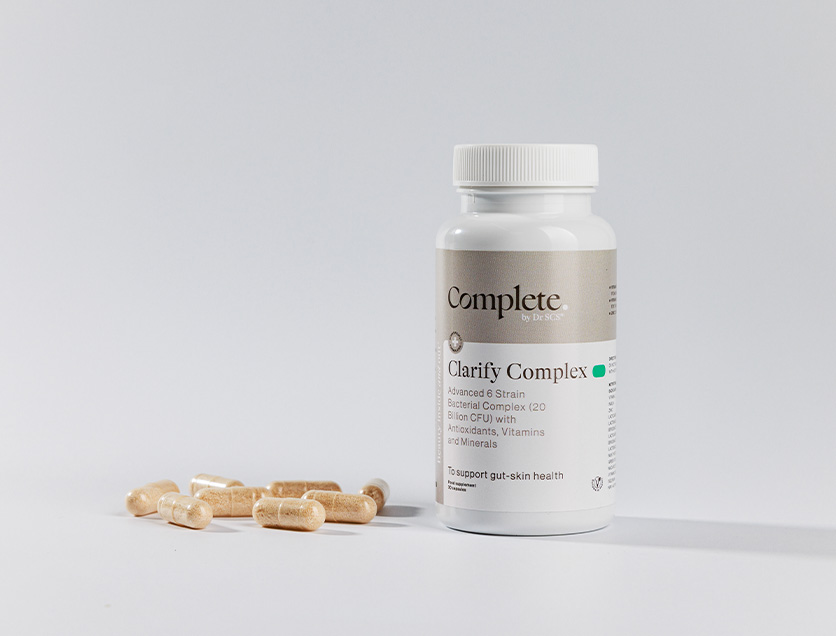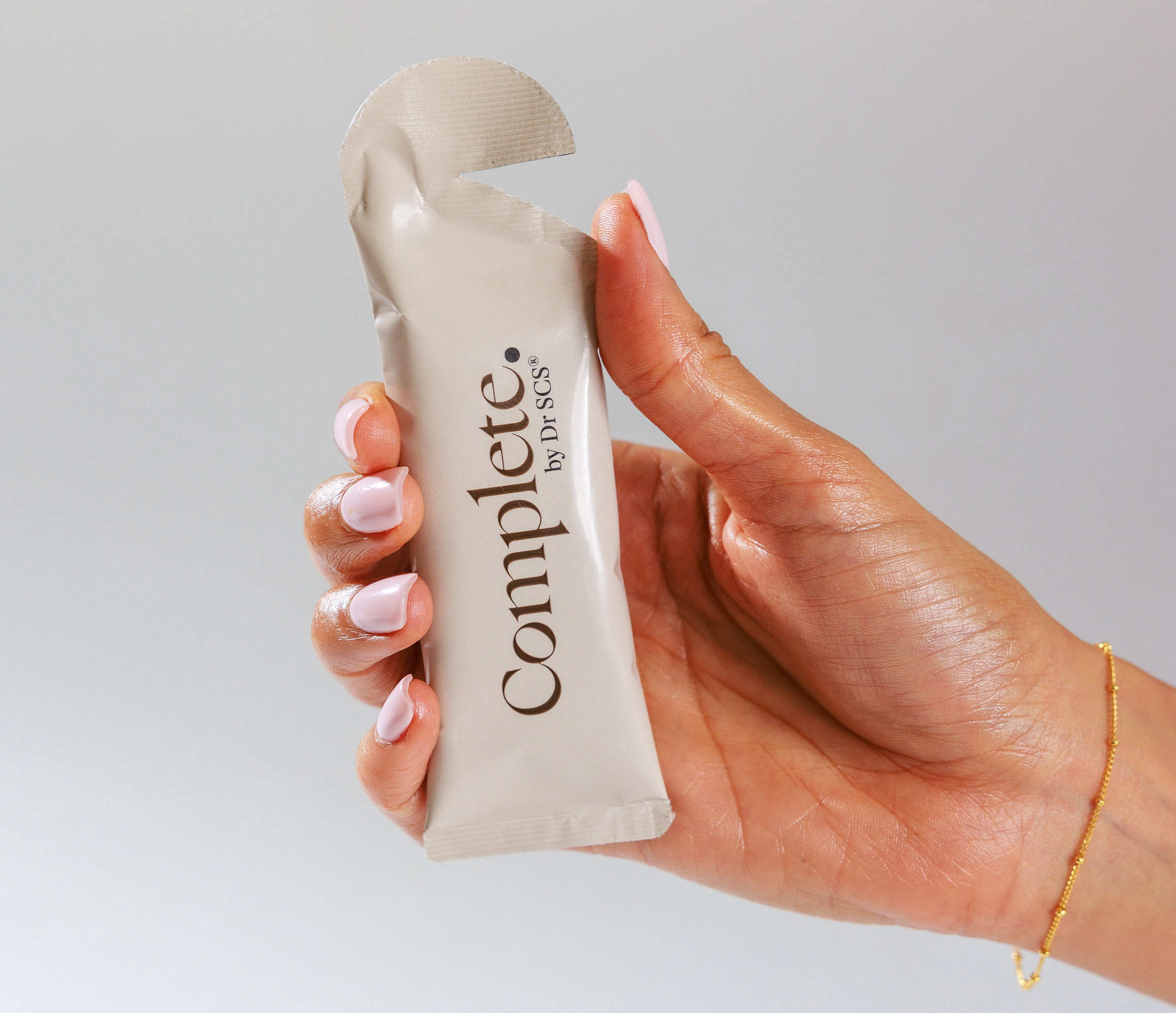
Stress & Skin Health: Understanding the Cortisol Connection
Chronic stress creates measurable changes in skin function through multiple biological pathways. Understanding these mechanisms helps explain why stressed individuals often experience persistent skin concerns that resist topical treatments.
Elevated cortisol, the primary stress hormone, directly affects skin barrier function by reducing ceramide production and disrupting lipid synthesis. This compromises your skin’s ability to retain moisture and protect against environmental irritants.
The inflammatory cascade triggered by chronic stress affects skin healing and repair processes. Stress-induced inflammation can worsen existing conditions like acne, eczema, and rosacea while slowing recovery from minor injuries or blemishes.
Sleep disruption from stress further compounds these effects. During quality sleep, skin undergoes critical repair processes including collagen synthesis and cellular regeneration. Stress-related insomnia interrupts these recovery cycles, leading to accelerated visible aging.
“Stress affects skin through well-documented biological mechanisms, not just perceived skin problems. Cortisol disrupts barrier function, inflammatory pathways, and repair processes in ways that topical treatments alone cannot fully address.”
–
Dr SCS
The Complete by Dr SCS approach recognises this connection through ingredients that support the gut-skin axis. Their Clarify system includes 20 billion CFU probiotics and milk thistle extract for liver support, while their systems provide antioxidants like vitamin C and botanical extracts that help combat oxidative stress at the cellular level.
Timeline expectations for stress-related skin improvements require patience. Cortisol levels normalise gradually, typically requiring 6-12 weeks of consistent stress management to see skin benefits. This reflects the time needed for barrier repair and inflammatory balance restoration.
Effective stress management for skin health involves evidence-based approaches: regular exercise reduces cortisol levels, mindfulness practices lower inflammatory markers, and consistent sleep schedules support natural repair cycles. Combining these lifestyle interventions with appropriate internal and external skincare support provides comprehensive stress-related skin management.


Join our mailing list
Stay in the loop! Join our newsletter for exclusive updates and promotions
Articles we think you will like

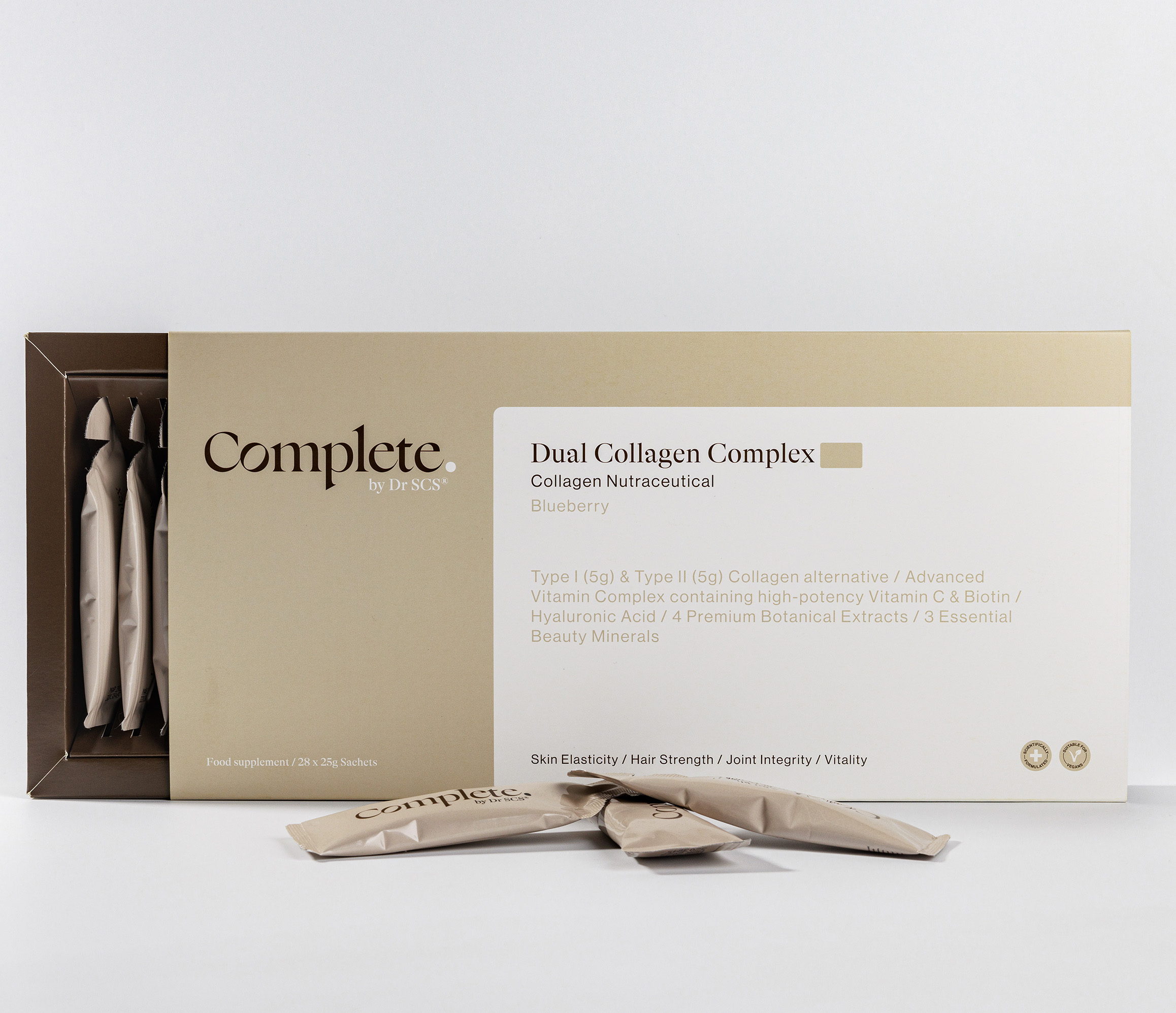
32.9% Wrinkle Reduction in 8 Weeks: Inside the Clinical Trials
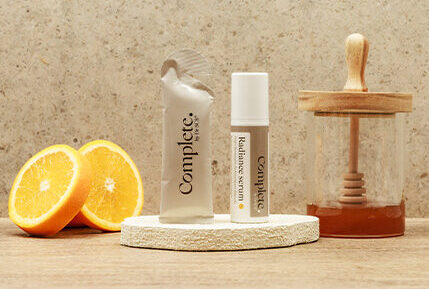
Beyond Animal Collagen: The Science of Human-Identical Collagen
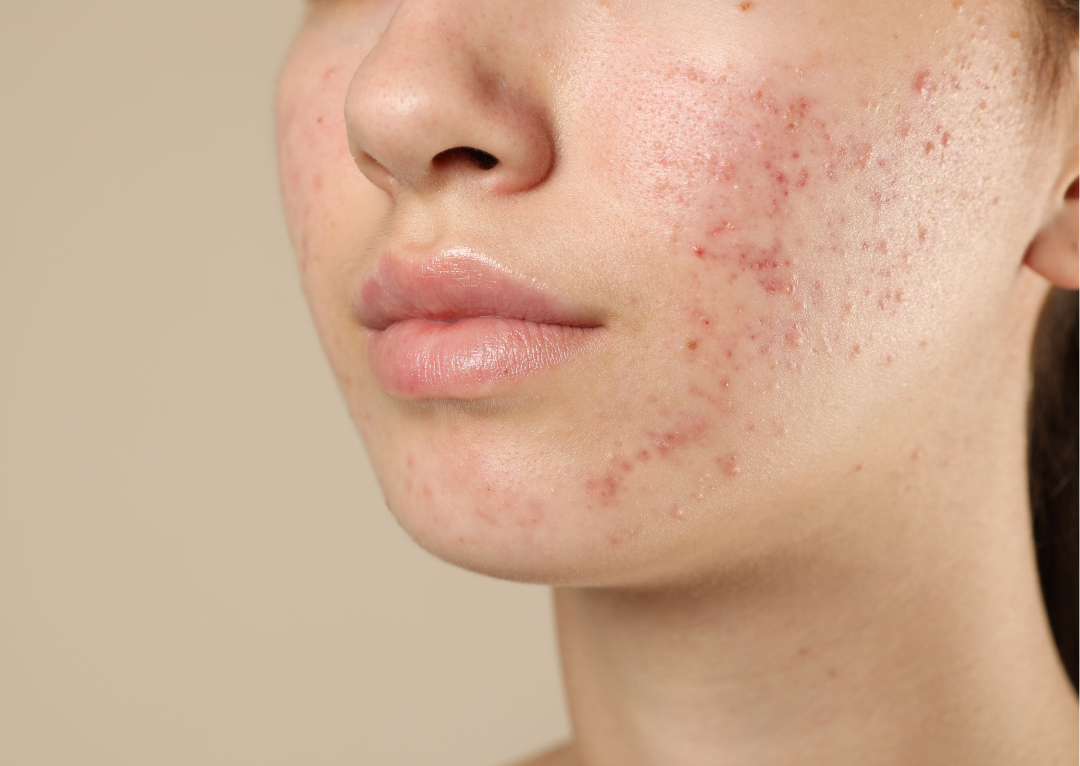
The Science Behind Clear Skin: How Your Gut Microbiome Controls Breakouts
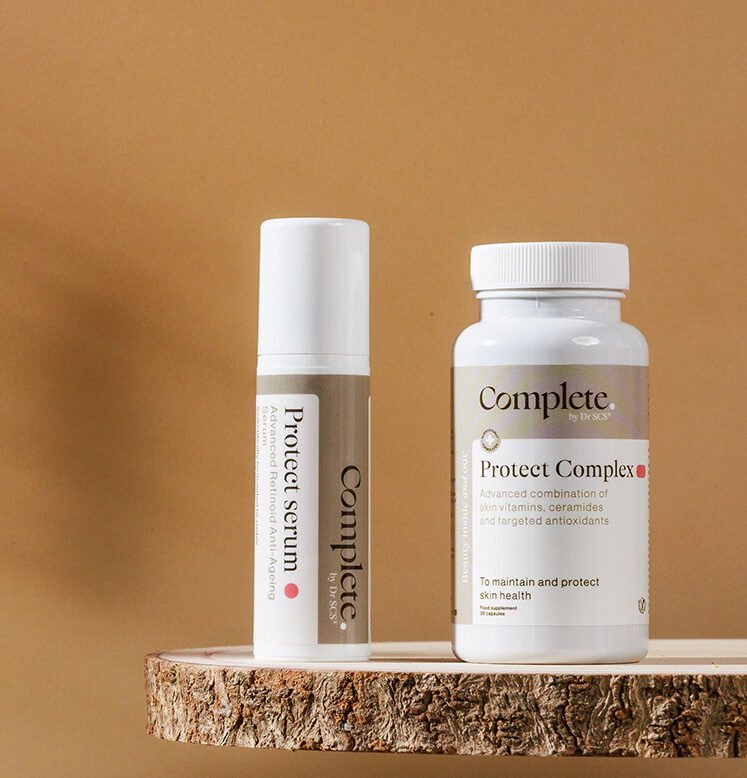
Most people are wasting money on retinol. Here’s why.
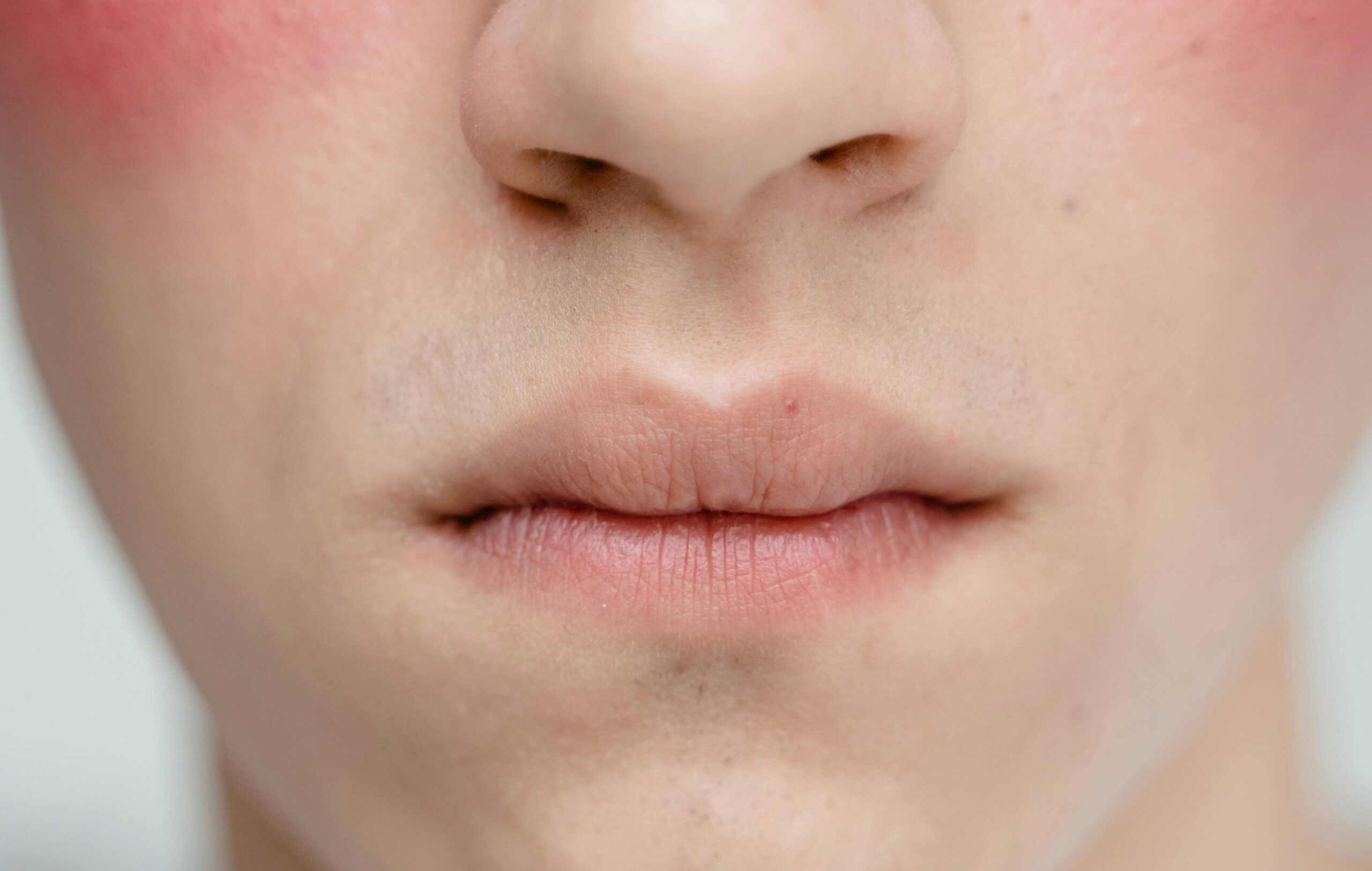
Why Your “Sensitive Skin” Might Actually Be Damaged Skin

Building Your Skincare Routine: Evidence-Based Layering Principles
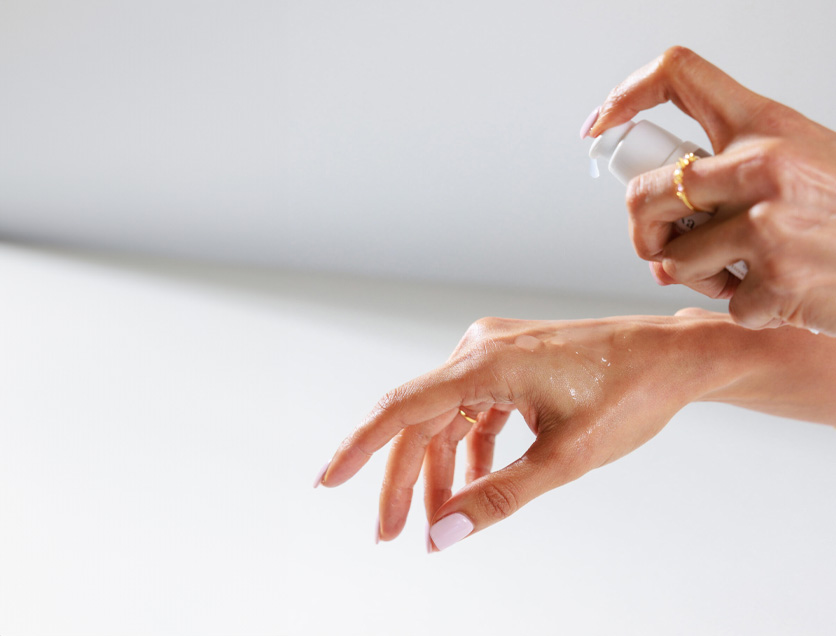
Magnesium & Menopausal Transitions: Examining the Evidence
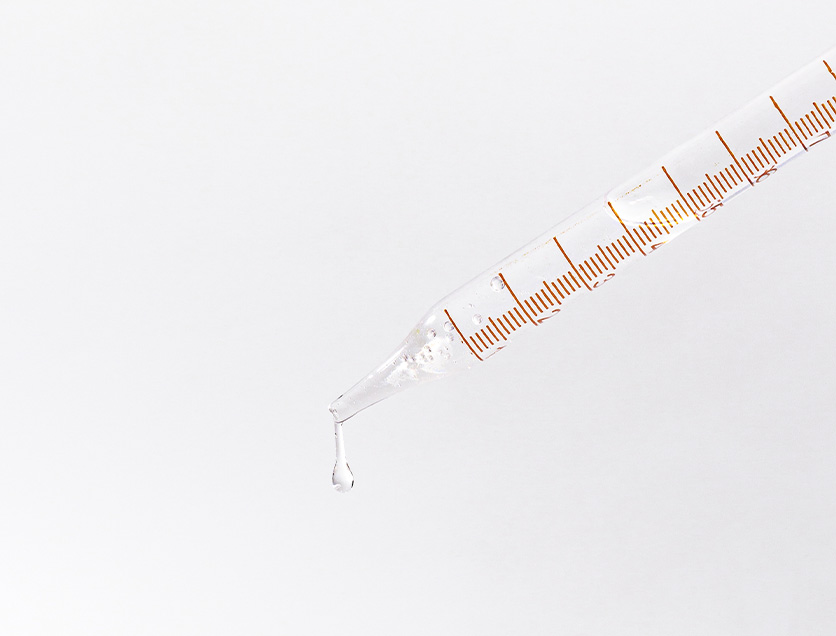
Azelaic Acid: Clinical Evidence for Inflammatory Skin Conditions
